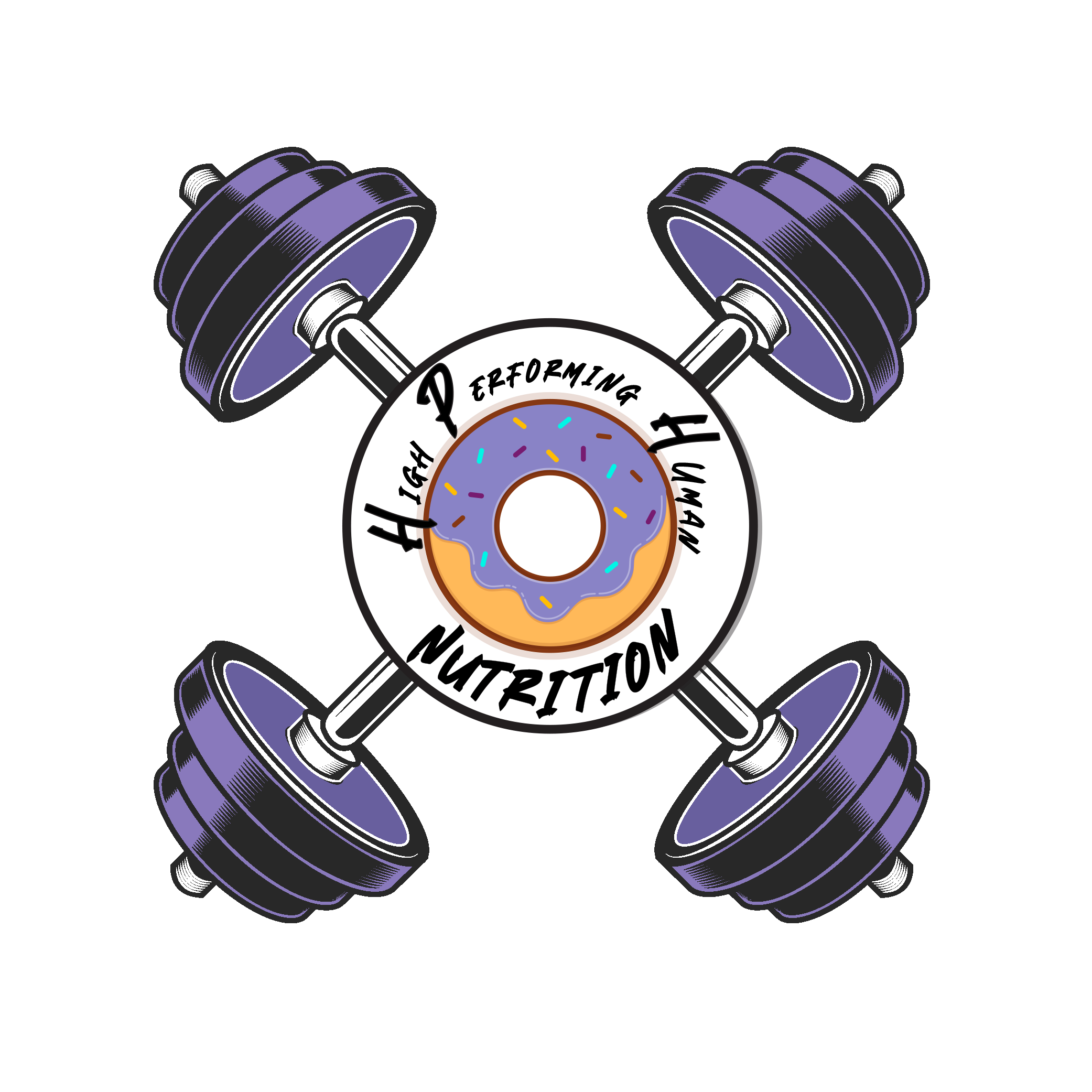The No Sugar Diet
What is it? Good question! Just like a lot of these fad diets out there, it’s hard to say what the exact definition is. Some people eliminate ALL sugar (or so they think), even from fruit, some associate a no sugar diet with keto, and some are just eliminating sugar from processed foods, like added sugars.
To define a no sugar diet, we need to define sugar itself.
What is Sugar?
Sugar is more than just what we bake with or one of the main ingredients in many of our favorite sweet treats. Sugar (or more scientifically called glucose) is the building block of all carbohydrate foods.
When we say simple carbohydrates, this is simple sugar molecules as a component of foods. It can occur naturally (think fruit) or can be added to foods (think candy).
Complex carbohydrates contain long chains of sugar like pasta, rice, starchy vegetables, and beans. When we consider grain products, there are refined grains and whole grains, just remember whole grains are going to be better for our health.
Continuum of a No Sugar Diet

So, I’m going to lay out the differences in some of these diet approaches, all of which (other than ‘no limits on sugar’) could be called a no sugar diet.
Keto
Keto is a specific diet protocol that is beneficial for some health conditions including epilepsy. This is characterized by a very low amount of carbohydrates (both simple and complex alike), usually about 20-30 grams of carbohydrates in a day. This protocol is referred to as the ketogenic diet because it puts your body in a ketogenic state called ketosis. In this state, your body is breaking down fat for fuel and ketones are present in your body as a byproduct of fat breakdown.
Low Carb
Many following low carb regimens state they’re following the keto diet when in reality they are not in ketosis. They have limited their carbohydrates to maybe 50-100 grams per day, but not enough to show a ketogenic state on a blood test and, therefore, their bodies are still relying on carbohydrates for fuel. This has become an incredibly popular approach for dieters in recent years but is usually not sustainable.
No ‘Sugar‘
Some people don’t necessarily understand the concept that complex carbohydrates breakdown into sugar and that sugar ends up coursing through the body in the same way that simpler forms of sugar would. Complex carbohydrates just takes a bit longer to digest and break down because of the chains of sugar molecules.
Some people feel that sugar in its simple form (natural or added) is inherently bad and should not be consumed. Unfortunately, this will cause the elimination of many naturally occurring sugars, like fruit, that provide a number of additional healthful nutrients other than sugar. These individuals may still consume foods like pasta, rice, sweet potatoes, etc as these foods are not simple sugars.
Limited Added Sugars
This is the only no sugar diet approach that I follow and suggest! (Although I have experimented with others in the past.) So many reports out there state that sugar is causing obesity and many diseases, but when we look deeper into the research, it’s the added sugars and empty-calorie, processed foods that are commonly associated with these health problems.
The way I like to explain added sugar is sugar added to make things taste better; for some foods a more palatable texture. This is where the new nutrition facts label comes in! The labels now have a section that will tell you how many of the total sugars are considered added sugars; this is key in making healthful food selections.
Most of the time, I’m selecting fresh foods versus boxed foods, but some things I buy are packaged and slightly processed. When I’m purchasing those types of foods, I’m comparing products and making my selection based on the ingredients list and the added sugar. I will likely select a product with lower added sugar every time. (Unless we’re talking about donuts, we all have our vices.)
The beauty of this approach is we are including complex carbohydrates that include important nutrients like fiber and provide fuel for daily activities, we are keeping fruits that contain additional vitamins and minerals, but we’re getting rid of the unnecessary sugars that are known to be associated with obesity and disease.
No Limits on Sugar
This one is pretty self-explanatory and not really an example of a no sugar diet but necessary to finish out the continuum. This is what I would consider our Standard American Diet… muffins (breakfast cupcakes) in the morning, candy for snacks, and refined flour products to round out other meals. While I encourage intake of carbohydrates, this approach isn’t aligned with the right type and usually not the correct portions.
No Sugar Diet for Performance
With low carb approaches being popular and many people on social media talking about how they’ve cut sugar, athletes are starting to wonder if these approaches can be beneficial for them. The bottom line is, carbohydrates are a reliable fuel source for your body. They have their time and place, ESPECIALLY for an athlete.
Many athletes will need more carbohydrates than a less active person of the same age, height, and weight. That being said, I still suggest a limited added sugar approach for a daily diet. Being responsible with carbohydrate intake for athletes can ensure peak performance and health.
Will I suggest some more ‘processed’ foods for athletes during competition, yep, I sure will. Most of the time these foods (fruit snacks, sports drinks) will have added sugars; however, athlete needs those simple and quick sources of fuel to keep them going!
If you’re an athlete or active person considering a no sugar diet, other than simply limiting added sugars, I would highly suggest taking the time to speak with a nutrition professional to understand how your desired approach will affect both your performance and health.
